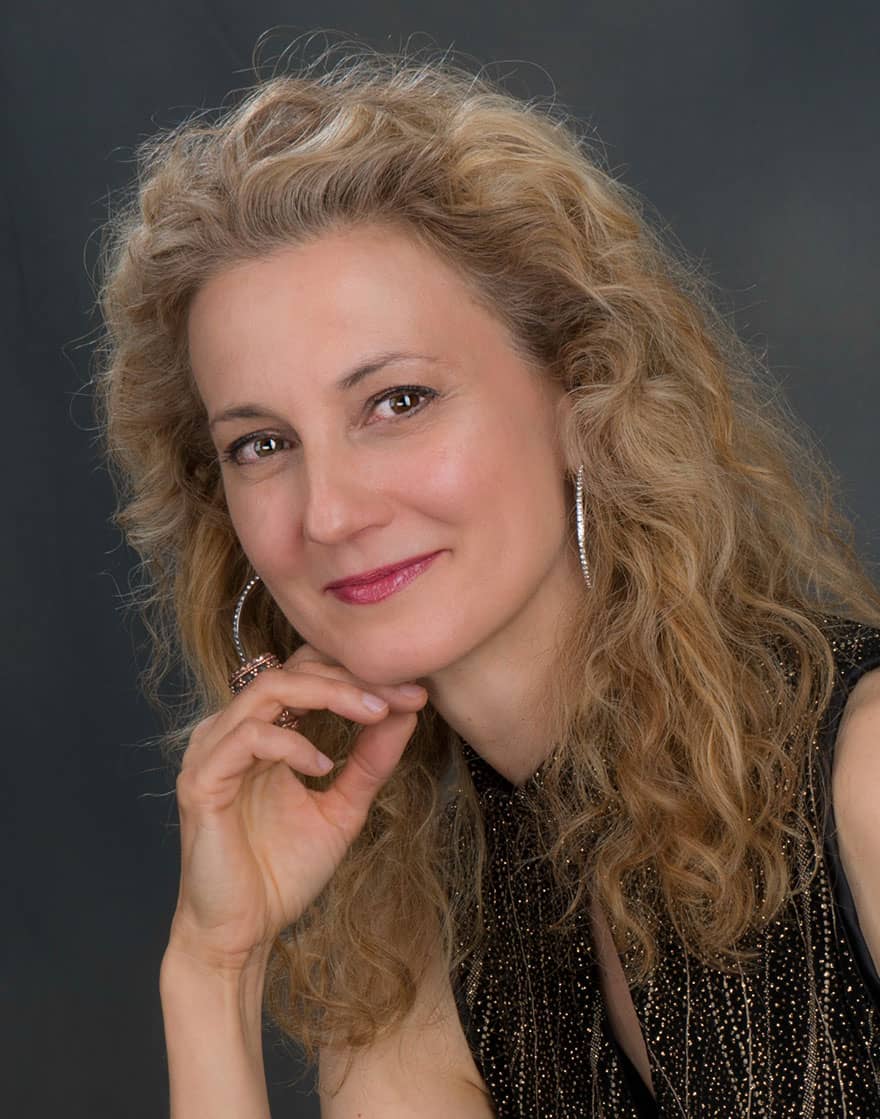I just got off the phone with a dear friend who recently experienced a heartbreak. She is, understandably, terribly sad. Sadness is the appropriate human response to what happened to her.
Yet she is beating herself up for not being “over it” by now. She is feeling guilty for burdening others with her grief. She has been exhausting herself trying to pretend she is happy instead of feeling her feelings and processing them.
If she had come to me in my days of practicing medicine, I probably would have suggested she start on an anti-depressant. Now the thought of medicating a normal human response saddens me deeply.
We are doing ourselves a disservice as a society by pathologizing normal human emotions. We are actually creating much more suffering than we are alleviating.
As one of my mentors Martha Beck has said:
We have a society where the prisons are full of men who are raging because they’ve never been given permission to grieve, and therapists’ offices that are full of women who are grieving because they’ve never been given permission to rage.
As poet Naomi Shihab Nye points out so brilliantly:
“Before you know kindness as the deepest thing inside, you must know sorrow as the other deepest thing.”
If we want to live a full life, we have to be willing and able to feel our way through all the feelings that will inevitably arise. The only way out is through.
And yet, the brainwashing starts at a very young age.
Boys don’t cry. Girls are supposed to be nice. So, what happens when a boy feels sad or a girl feels angry? They feel confused and ashamed on top of the original emotion, which only adds to the suffering.
Without the ability to accept ourselves in all our complexity, and without the inner tools to process strong emotions, people often turn to things like drugs, alcohol, compulsive sex, gambling or shopping to dull and temporarily escape the pain. And sadly, these behaviors are starting at earlier and earlier ages.
You’ve heard the well-meaning platitudes countless times:
- Have a nice day.
- Don’t worry, be happy.
- Look on the bright side!
One of my favorite meditation teachers has modified such sayings. She says:
“Have a day.”
The implication is to be with whatever shows up, with as much kindness, curiosity and equanimity as we can muster. Even if, as Rumi says, what shows up is a crowd of sorrows who violently sweep our house empty. Still we must treat each guest honorably. Depression or meanness WILL show up at some point as unexpected visitors. We should welcome and entertain all visitors, as they might be clearing us out for some new delight.
The trick is to not invite them to stay for any longer than is absolutely necessary, and this is where mindfulness practice and discernment come in.
When we have an aversion to our own emotional state, it’s as if we’re at war with our own self. As Thich Nhat Hanh says, it’s like the right hand attacking the left. There is no upside to it.
A wiser course of action is to feel what we’re feeling without reacting to it. This is mindfulness. The sense of freedom that comes from this internal shift is empowering and creates space for more happiness.
My friend hadn’t considered this as an option. When I suggested it, the relief was immediate and palpable, even over the phone. It made me even more passionate about sharing this simple practice with as many people as possible.
With regular practice, we can slowly but surely transform our relationship with challenges, and develop the tools and confidence to meet life head-on.
If this sounds intriguing to you, please consider joining me for a Mindfulness Teacher Training. We start on June 14th and there is an entirely virtual option. You’ll have 10-weeks to strengthen your own practice and, if you’d like, learn how to share with others. You can learn more here or email me if you have any questions.
Have a day,
Erin


 Erin believes that narrow boxes are for shoes and not for people and she hopes you'll join her tribe on the mindful path to freedom!
Erin believes that narrow boxes are for shoes and not for people and she hopes you'll join her tribe on the mindful path to freedom!

